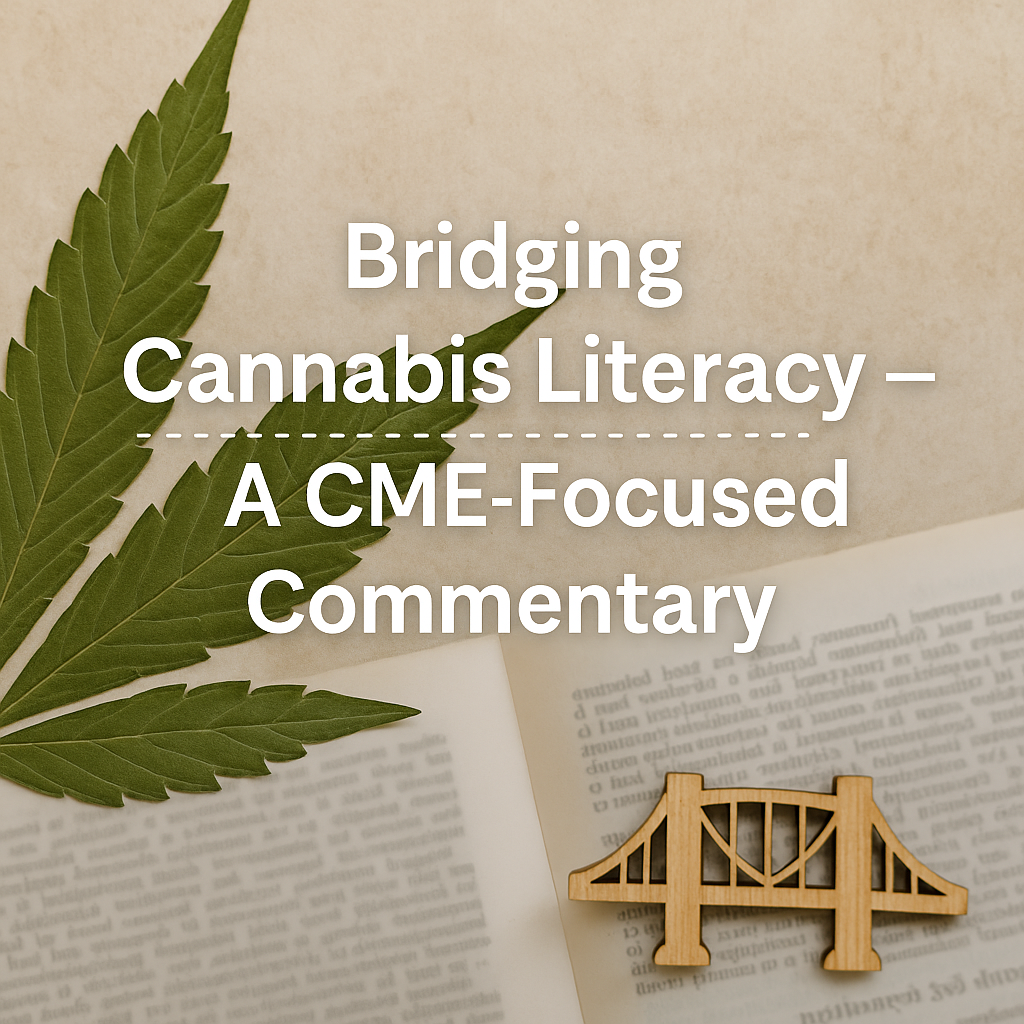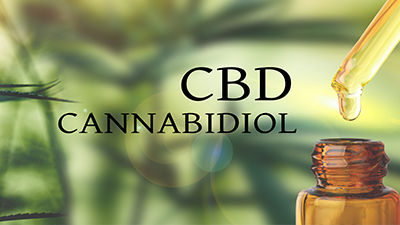
Inspired by Mehta DH. Cannabis Education—A Professional and Moral Obligation for Physicians. JAMA Network Open.2025;8(10):e2536224. doi:10.1001/jamanetworkopen.2025.36224.
As cannabis use — both medical and recreational — becomes more widespread, many clinicians find themselves ill-prepared to address questions about efficacy, dosing, risks, or drug interactions. In his recent JAMA Network Open commentary, Dr. Darshan Mehta argues that structured cannabis education is no longer optional but a professional and moral imperative.
We at The Answer Page have been a medical education resource providing the highest quality accredited education to the medical community since 1998. As a leading educator on medical cannabis and the endocannabinoid system, we are pleased to share this summarized version of this article that recently appeared in JAMA.
Why Cannabis Education Matters
- Prevalence of use vs clinician knowledge gap
Patients are increasingly using cannabis (or cannabinoid products) for pain, nausea, insomnia, anxiety and numerous other symptoms, often without clinical supervision. Meanwhile, surveys and educational audits show that most physicians, nurses, and pharmacists report low confidence in counseling on cannabis—underscoring the disconnect Mehta calls untenable. - Complex evidence landscape
While clinical trials and systematic reviews show modest benefits (e.g. in chronic pain, quality of life), they also highlight risks: cognitive impairment, psychiatric effects, cannabinoid hyperemesis syndrome, cardiovascular concerns, and drug interactions. Interpreting heterogeneous data requires a foundational skill set in pharmacology, physiology, and critical appraisal. - Ethical and equity implications
When clinicians remain silent or uninformed, patients may rely on anecdotal or online sources, potentially increasing risk. Mehta emphasizes that physicians routinely navigate politically sensitive health topics (e.g. reproductive medicine, addiction); cannabis deserves the same professional attention.
Core Competencies for Cannabis Literacy
Mehta highlights six domains clinicians should master.
- Endocannabinoid system physiology — Understand CB₁/CB₂ receptors, endogenous ligands (anandamide, 2-AG), signaling pathways.
- Cannabinoid pharmacokinetics/dynamics — Absorption, metabolism, bioavailability, half-lives of THC, CBD, and minor cannabinoids; route-specific kinetics.
- Evidence-based indications and trial design — Recognize what indications have moderate-to-strong data and what remains speculative.
- Risk profiles, contraindications, and monitoring — Identify psychiatric risks, dosing thresholds, organ-specific cautions, and signs of misuse or hyperemesis.
- Dosing, formulation, and route considerations — Inhaled vs oral vs transdermal; titration strategies; product standardization issues.
- Legal, regulatory, and communication issues — State vs federal legality, medical cannabis program requirements, documentation, and shared decision-making with patients.
This can help ensure that clinicians can safely incorporate cannabis into patient discussions, when appropriate.
To translate these competencies into education, clinicians need accessible, accredited learning modules. TheAnswerPage.com is one such provider that already delivers evidence-based, clinician-targeted CME/CE offerings in the domain of cannabis and the endocannabinoid system.
Selected offerings from TheAnswerPage:
- A Nationally Approved CME/CE Medical Marijuana Course V2 — A 3-credit online module covering the endocannabinoid system, cannabis pharmacology, therapeutic use, risks, and drug interactions. (The Answer Page)
- CBD in Clinical Care V2 — A 2-credit course focused on cannabidiol (CBD), its physiology, clinical evidence, side effects, and counseling. (The Answer Page)
- Cannabis Essentials CME/CE Bundle and state-specific course bundles (e.g. New York, Pennsylvania, Ohio, Virginia, West Virginia, Utah) — These provide tailored credit and content aligned with state program rules. (The Answer Page)
FAQs
Q1: Why is cannabis education important for medical providers?
Cannabis education is both a moral and professional obligation for medical providers including physicians, nurses, PAs, dentists, and pharmacists. Continuing Education (CE or CME) helps medical providers close the information gap, especially when there is a complex evidentiary and regulatory landscape.
Q2: Are accredited CME courses on the topic of CBD available?
Choosing a reliable, quality educator is critical. Since 1998, The Answer Page has been a reliable online resource for medical providers worldwide offering both nationally approved and state accredited courses.
Conclusion
TheAnswerPage also offers free educational resources, such as the “Your Dose of Cannabis Education”, downloadable primers and other resources on the endocannabinoid system and perioperative considerations. (The Answer Page)


